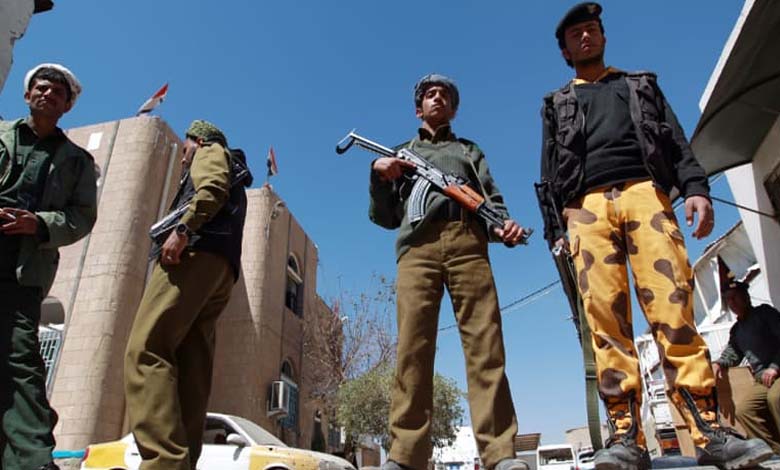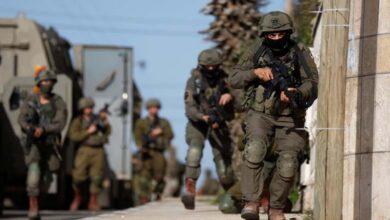The Southern Transitional Council Blocks the Muslim Brotherhood… What’s the Issue?

Officials from the Southern Transitional Council defended recent decisions made by the Council’s leadership, which included assigning the Council’s president, Aidarous Al-Zoubaidi, to his deputy, Brigadier General Abdulrahman Al-Mahrami, also known as Abu Zara’a, a member of the Presidential Leadership Council and commander of the Giants Brigades. Al-Mahrami was tasked with “full supervision of security forces and anti-terrorism efforts, in addition to restructuring and organizing them.” Many viewed this decision as an effort to thwart the Muslim Brotherhood’s projects.
-
Khat Taxes… A Realistic Picture of Corruption by the Muslim Brotherhood in Yemen
-
Corruption of the Muslim Brotherhood in Yemen… Embezzlement, Extortion, and Trading in People’s Needs
According to Al-Omanaa newspaper, the decisions faced harsh criticism from the Muslim Brotherhood, with some claiming that these moves reflected severe internal conflicts within those forces and even within the Southern Transitional Council itself. Others suggested that these actions were a sign of the Council’s diminishing influence and retreat from its original project of restoring an independent state.
The Muslim Brotherhood, represented in Yemen by the Al-Islah Party, which participates in the internationally recognized Yemeni government, has been a key player in this campaign. The party vehemently opposes the Transitional Council’s project, as it hinders the party’s attempts to control strategic southern regions rich in natural resources.
-
The Muslim Brotherhood’s militias loot Yemeni properties and occupy their homes in Taiz… Details
-
They organize a forum to counter Houthi ideology… The Muslim Brotherhood continues to mislead Yemenis
In response, Mansour Saleh, a leader in the Southern Transitional Council, stated, “What some are saying about this matter is merely wishful thinking aimed at reducing the role of the Council and undermining its leadership position. This falls within media campaigns generously funded by internal parties, with some external support.”
In remarks to the Russian agency Sputnik, he added, “Despite all the difficulties and challenges placed before us, the Council will remain the leader of the Southern people’s struggles, expressing their aspirations for freedom and independence.”
-
Meet (Abu Zar’a al-Mahrami)… the Yemeni Leader Who Defeated the Houthis, the Muslim Brotherhood, and Al-Qaeda
-
Identity Fraud and Money Laundering: Yemeni Researcher Uncovers Muslim Brotherhood Practices
Many have welcomed the restructuring and reorganization of southern forces, viewing it as necessary to keep up with the growing threats in southern areas, including the resurgence of Al-Qaeda’s activities. The restructuring also addresses certain structural and operational issues that have emerged within these forces.
Saleh further explained, “The changes and arrangements we are witnessing today are part of the steps to build and modernize Southern institutions, most importantly the security and military institutions.”
-
Yemeni Muslim Brotherhood Militias Obstruct General People’s Congress Party Events… Details
-
A Muslim Brotherhood Leader Expands in Looting Yemeni Funds… Details
He pointed out that Al-Mahrami, in addition to being a member of the Presidential Leadership Council, is also the vice-president of the Southern Transitional Council and a southern military commander committed to the cause of his people and the restoration of their state. “His recent assignment is temporary, given to him by the president of the Council and under his supervision. How could this be seen as diminishing the role of the Council?”
The Southern Transitional Council leader added that the need for such measures has recently increased due to certain internal events and the rise in military and security challenges, including Houthi threats and the growing terrorist activities of Al-Qaeda, particularly in the governorates of Abyan and Shabwa. These activities, he claimed, are coordinated with both the Muslim Brotherhood and the Houthis.












